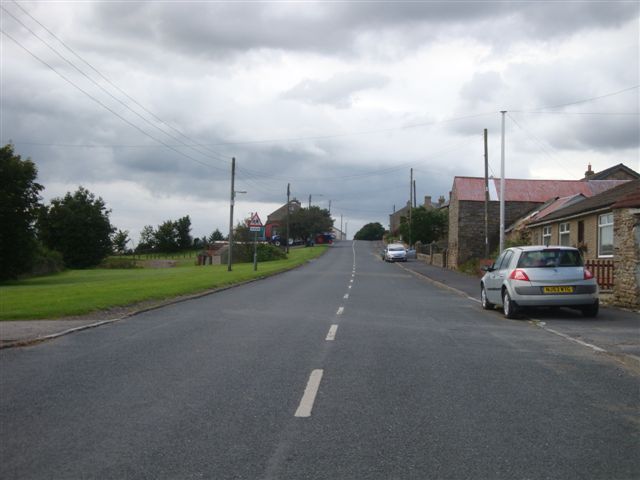The Parish of Woodland is located in Teesdale in the South West of County Durham. The Parish serves the village of Woodland together with the surrounding settlements.
Early Days
Land to the west of Woodland bears evidence of a medieval farmstead and field boundaries. This would seem to be the earliest evidence of population in an area then predominately consisting of rough grassland and deciduous woodland. If we take a leap through time to the Enclosure Act of 1761 the area that was to become Woodland consisted of a scattering of isolated houses and coal mines. It was the presence of coal that laid the foundations for a population explosion.
Coal mining and the birth of Woodland
The 19th Century saw an incredible period of growth due to widespread mining of coal which was used to fuel developing heavy industry on Teeside as well as being transported to Lancashire. The population rocketed from a small scattering of families to its peak of about 700 in the middle of the 19th Century. Extra housing was built to house migrant workers, many from Ireland. A school was built, paid for by the colliery, a miner's welfare hall was erected, funded by the men themselves, and a corrugated iron mission church was built with the bell cast by local men in the neighbouring pit. Woodland Colliery ran four locomotives and at the turn of the century fuelled 196 coke ovens.
The mines brought jobs and wealth but the price to pay was danger and frequent loss of life. Many tragedies occured caused by rockfalls, bad air or explosions. The miners worked day after day, many feet under the ground in a space often only big enough to crawl in, a lifestyle incomprehensible to most of us today. In 1857 Woodland and the neighbouring villages of Copley, Butterknowle and Cockfield, which collectively makeup an area known as The Upper (River) Gaunless Valley, laid claim to 549 collieries,drifts and shafts, many of which were small, privately owned concerns employing small numbers of men.
By the beginning of the 20th Century the growth of the coal industry was slowing rapidly as demand for coal fluctuated. By 1921 Woodland Colliery was in the process of being closed, its railway dismantled, its chimneys and coke ovens levelled. The last colliery closed in 1953. The boom times were over and the population began to decline.



